Railroad Crossing Injuries
Railroad crossings are critical junctures where the worlds of road and rail transport intersect, and they inherently present significant dangers. While the romance and nostalgia of train travel persist, the reality of railroad crossings in the modern age is fraught with risks that can lead to catastrophic accidents. Understanding these dangers, as well as the legal recourses available to individuals injured due to negligent railroad design, maintenance, or operation, is essential.
The Dangers of Railroad Crossings
Railroad crossings can be hazardous for several reasons:
- High Speed of Trains: Trains often travel at high speeds, making it difficult for them to stop quickly. This is a significant risk at crossings, especially if warning systems are inadequate or non-existent.
- Limited Visibility: Many crossings have poor visibility due to their design, nearby obstructions, or lack of proper lighting, making it hard for motorists and pedestrians to see oncoming trains.
- Inadequate Warning Systems: Some crossings lack the necessary warning systems, such as lights, gates, or audible alerts. Even when these systems are in place, they can fail due to poor maintenance or design flaws.
- Lack of Safety Features: Not all crossings are equipped with safety features like gates or barriers, which can prevent vehicles from accidentally moving onto the tracks.
- Train and Track Malfunctions: Mechanical failures in the train or problems with the track itself, such as broken rails or malfunctioning signals, can lead to accidents at crossings.
- Driver and Pedestrian Error: Sometimes, the actions of motorists or pedestrians, such as ignoring warning signals or trying to beat a train, contribute to accidents.
Legal Framework Surrounding Railroad Crossing Accidents
When accidents occur at railroad crossings, the legal principles of negligence and liability come into play. Railroad companies, like other entities, have a duty of care to ensure the safety of their operations, including at railroad crossings. When this duty is breached through negligent design, maintenance, or operation, and an accident occurs as a result, the railroad company can be held liable for damages.
Negligent Railroad Design
Railroad design negligence can include a variety of issues, such as:
- Poorly designed crossings that compromise visibility or safety.
- Inadequate warning systems that fail to alert motorists and pedestrians of an approaching train.
- Failure to install necessary safety features like gates or barriers.
If an accident occurs because of such design flaws, injured parties may have a claim against the railroad company or possibly the entity responsible for designing the crossing.
Negligent Maintenance
Proper maintenance of railroad crossings is crucial for safety. Negligence in this area can include:
- Failure to maintain or repair warning signals and barriers.
- Allowing vegetation or other obstructions to impede visibility.
- Not addressing known hazards at the crossing, such as rough or uneven surfaces that could impede vehicles.
Maintenance issues that contribute to an accident can form the basis of a legal claim against the railroad company or the entity responsible for maintaining the crossing.
Negligent Operation
Negligent operation of a railroad can encompass various factors, including:
- Train operators failing to adhere to speed limits or safety protocols.
- Failure to sound a horn or whistle when approaching a crossing.
- Operating trains with known mechanical issues that could lead to accidents.
Legal Actions for Injured Persons
Individuals injured in railroad crossing accidents due to negligence have several legal options:
- Personal Injury Lawsuits: Victims can file lawsuits seeking compensation for damages, including medical expenses, lost wages, pain and suffering, and more. These lawsuits can target the railroad company, contractors, or other entities responsible for the crossing's safety.
- Wrongful Death Claims: If a railroad crossing accident results in a fatality, the victim's family may have grounds for a wrongful death claim, seeking compensation for their loss.
- Product Liability Claims: If the accident was caused by defective equipment, such as malfunctioning warning signals, a product liability claim against the manufacturer of the equipment might be appropriate.
- Government Claims: In cases where public entities are responsible for the design or maintenance of a crossing, claims sometimes might be brought against those entities. However, such claims often have specific procedural requirements and limitations.
Gathering Evidence
Pursuing legal action requires substantial evidence. This can include:
- Accident reports and police records.
- Witness statements.
- Photos or videos of the accident scene and surroundings.
- Maintenance records for the crossing.
- Expert testimony regarding railroad safety standards and practices.
Statute of Limitations
It's important to note that personal injury claims are subject to statutes of limitations, which vary by state. This means that there is a limited time window after an accident in which legal action can be initiated.
The Role of Attorneys
Navigating the complexities of railroad crossing accident claims often requires the expertise of attorneys specialized in personal injury and railroad law. These professionals can help victims understand their rights, gather and present evidence, negotiate with insurance companies, and represent them in court if necessary.
MORE ALABAMA INJURY LAW NEWS
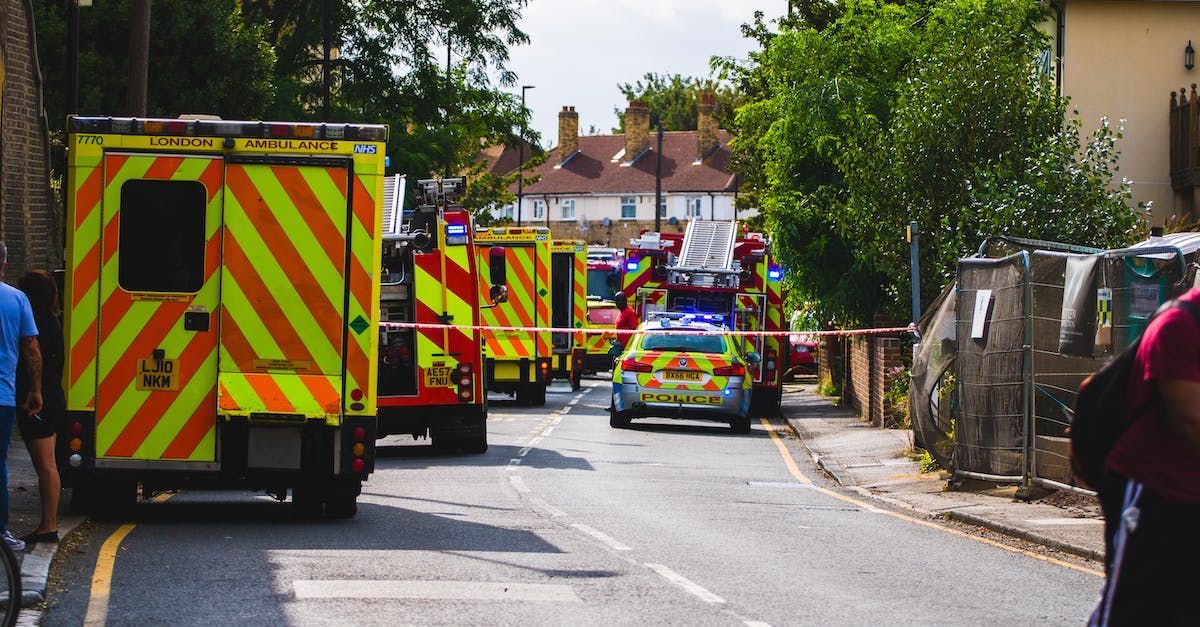
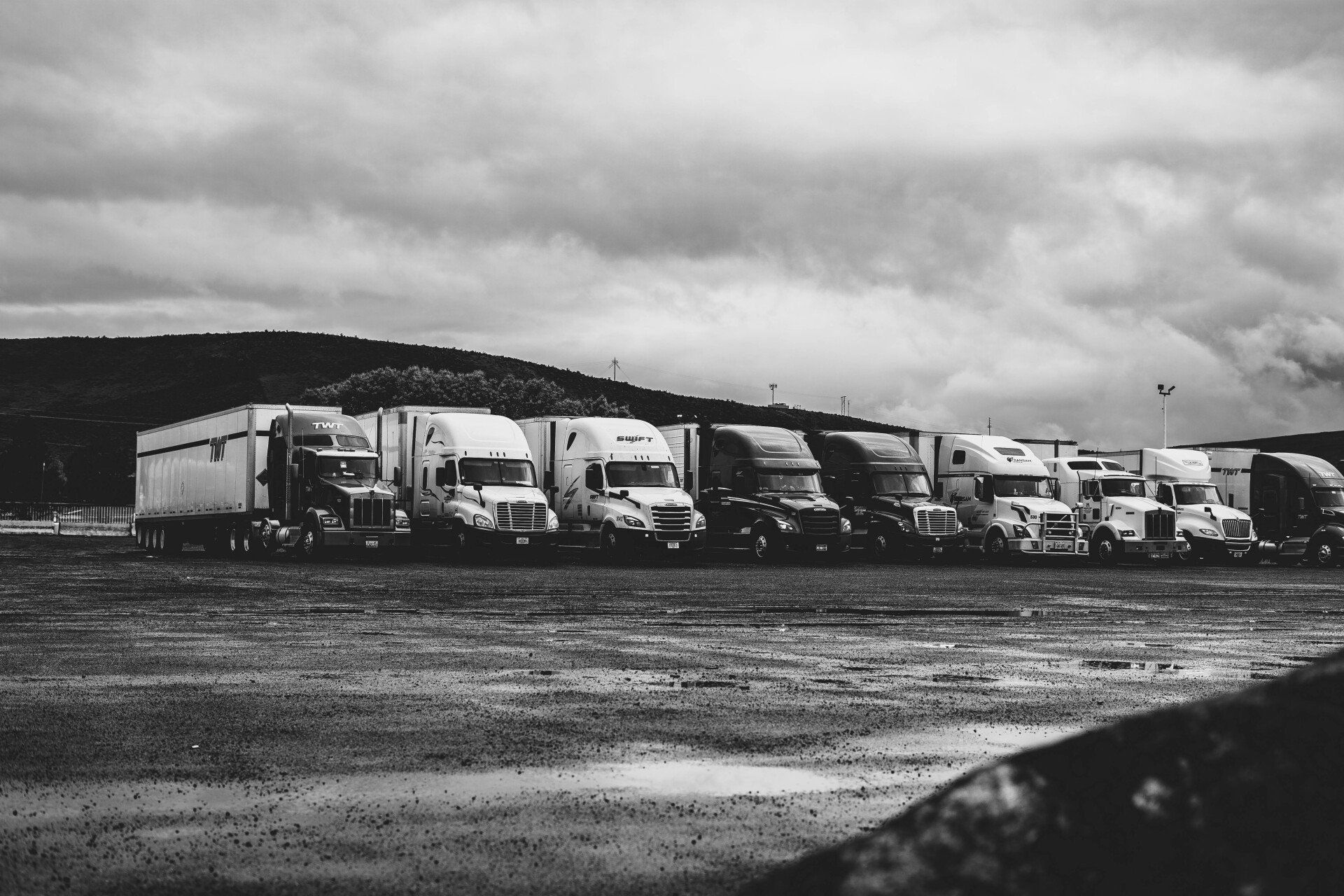
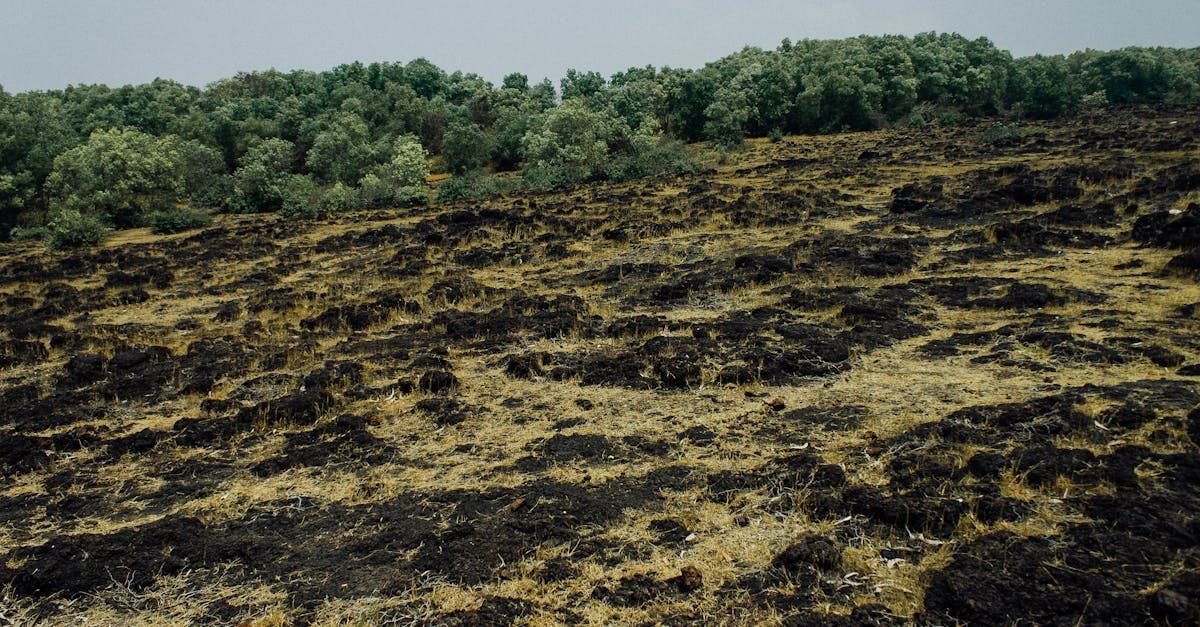
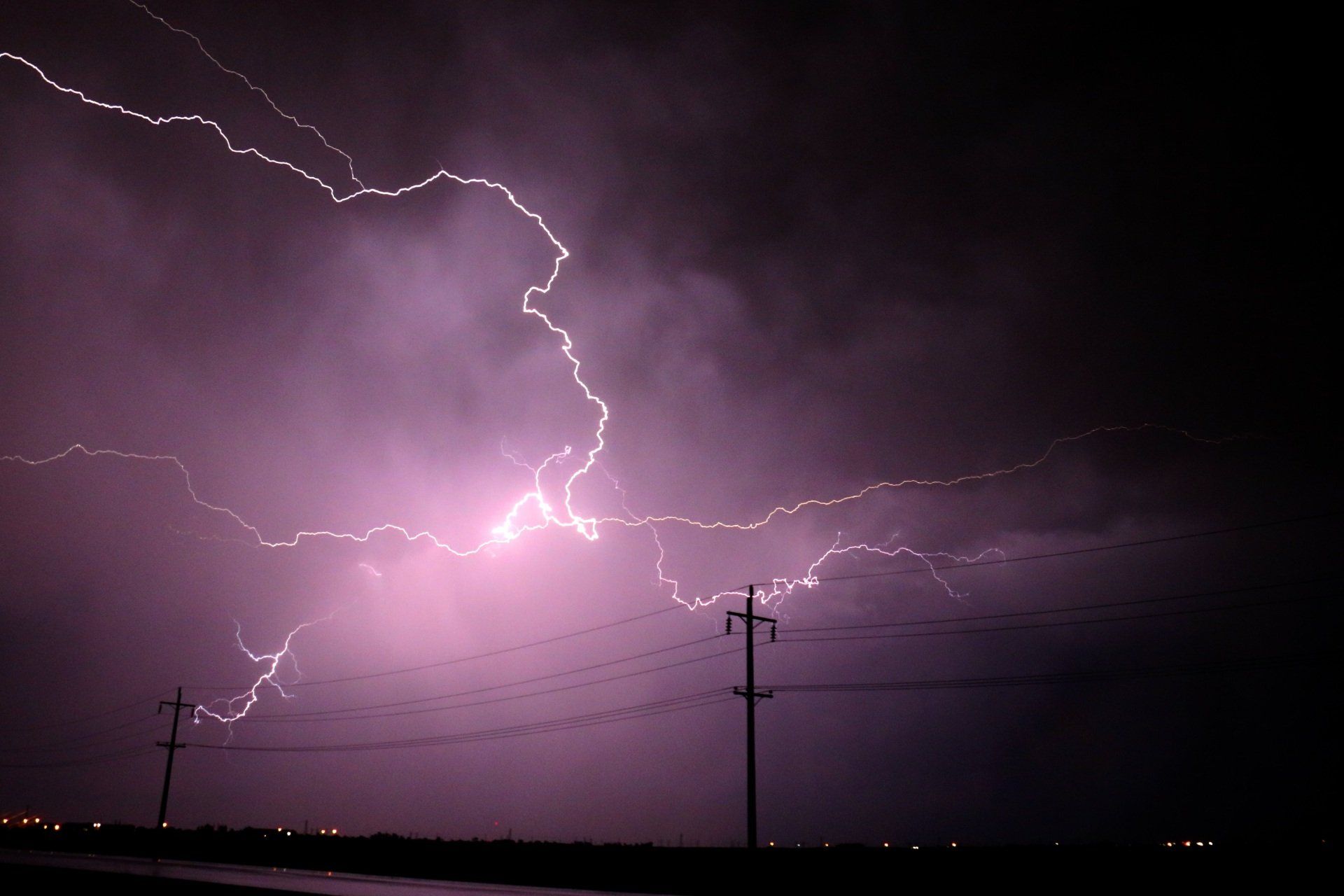


OUR LAW FIRM IS HERE TO HELP
Contact our Birmingham, Alabama Injury Lawyers Today for Legal Help
Have you or a family member recently been injured in an accident in Alabama? Contact Snable Stevenson & Silva for immediate legal assistance and advice. You may be able to pursue compensation for your medical bills, lost wages, and other expenses. Our qualified Alabama injury lawyers can help you fight to secure a full and fair award.
We offer a free case evaluation and consultation. Contact our law office in Birmingham, Alabama to schedule yours today. If you can’t come to us, we can arrange a time to visit you. Consultations can be arranged at the hospital, your home, or even your place of business. There’s a limited amount of time to act, so give us a call to get started today.
FREE CASE EVALUATION
GET STARTED
Thank you for submitting a request.
Our team will follow up with you as soon as possible.
There was an error sending your message.
Please try again later.
(800) 266-0877 • attorneys@snablestevenson.com
(205) 582-8000 • 2737 Highland Ave South, Birmingham, AL 35205
(901) 474-2900 • 1545 Union Ave, Memphis, TN 38104
This website is an advertisement for legal services. No representation is made that the quality of the legal services to be performed is greater than the quality of legal services performed by other lawyers. Use of this website signifies your agreement to the Terms of Use, Privacy Policy, and Form Disclaimer.
Snable Stevenson & Silva L.L.C.

